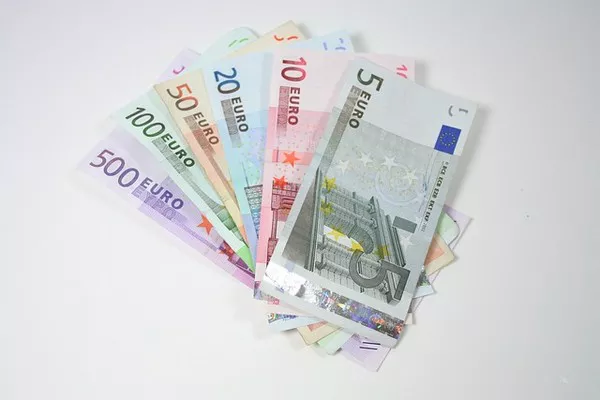Denmark’s Currency:
Denmark, a Nordic nation known for its high standard of living and progressive policies, operates with the Danish krone (DKK) as its official currency. The krone, denoted by the symbol “kr,” has been the country’s monetary unit since 1875. Despite its membership in the European Union (EU), Denmark has maintained its independence in currency matters, choosing not to adopt the euro as its national currency.
Eurozone Membership:
Denmark, while an EU member state, has opted out of participating in the Eurozone, which comprises EU countries that have adopted the euro as their official currency. This decision was made following a referendum in 2000, where Danish citizens rejected the adoption of the euro by a slim margin. As a result, Denmark remains outside the Eurozone, retaining control over its monetary policy and currency exchange rates.
Currency Policy:
Denmark’s currency policy is grounded in a commitment to economic stability and maintaining sovereignty over monetary matters. The rejection of the euro stemmed from concerns about potential loss of control over interest rates and inflation, as well as preserving Denmark’s unique economic position. Despite periodic debates and discussions, there has been no significant shift in Denmark’s stance on the euro in recent years.
Current Situation:
As of the present, Denmark does not accept the euro as a form of payment in everyday transactions. The Danish krone is the sole legal tender within the country’s borders. However, due to its proximity to Eurozone countries and the prevalence of international tourism and trade, euros are commonly accepted in certain contexts, particularly in tourist-heavy areas, hotels, and some larger retailers.
Legal Tender:
Legal tender refers to the currency officially recognized by a country’s government for settling financial obligations. In Denmark, the Danish krone is the exclusive legal tender. While euros may be accepted by some businesses and establishments, they are not considered legal tender and acceptance is at the discretion of the individual entity.
Currency Exchange:
For visitors to Denmark needing to exchange euros for Danish krone, various options are available. Currency exchange services can be found at major airports, banks, and exchange bureaus throughout the country. Banks typically offer competitive exchange rates, while exchange bureaus may charge higher fees but provide more convenience. Automated teller machines (ATMs) are also widely available and accept major international credit and debit cards, offering the option to withdraw Danish krone directly from foreign bank accounts.
Impact on Visitors:
The use of euros versus Danish krone can have practical implications for visitors to Denmark. While euros may be accepted in certain establishments, it is advisable to carry Danish krone for everyday transactions to avoid potential inconveniences or unfavorable exchange rates. Tourists and business travelers should be aware of the prevalent currency in the areas they plan to visit and plan accordingly.
Practical Tips:
For individuals planning to visit Denmark, here are some practical tips for handling currency transactions:
Currency Conversion: Prior to traveling, exchange a portion of euros for Danish krone to cover immediate expenses upon arrival.
Credit and Debit Cards: Bring internationally accepted credit and debit cards to access funds and make purchases without the need for currency exchange.
ATM Usage: Utilize ATMs to withdraw Danish krone as needed, but be mindful of potential fees and currency conversion rates.
Currency Conversion Apps: Consider using currency conversion apps to stay updated on exchange rates and make informed financial decisions while traveling.
Currency Exchange Services: Compare exchange rates and fees at different banks and exchange bureaus to get the best value for currency conversion.
In conclusion
While Denmark does not accept the euro as its official currency, visitors to the country can still navigate currency transactions with ease by understanding the local currency dynamics and utilizing available resources for currency exchange and financial transactions.


